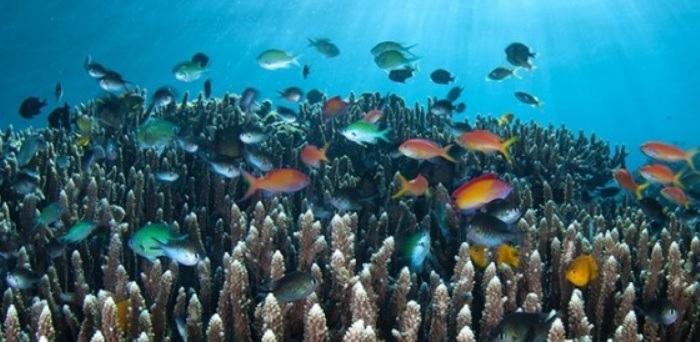Underwater noise as a result from increased shipping activity in the Arabian Sea, Bay of Bengal and Indian Ocean is expected to significantly affect marine life, according to a recent study by Maritime Research Centre (MRC) Pune.
The study, entitled ‘Acoustic Habitat Degradation Due to Shipping in the Indian Ocean Region’, reports that the decibel (dB) levels in the seas have increased from a maximum of 185-190dB to 210dB over the last 70 years. At the same time, the minimum noise levels along major shipping routes, have also increased to 110dB from 90-95dB.
Data provided by the UN Conference on Trade and Development (UNCTAD), suggest the seaborne trade in these waters, which represent 20% of the world’s ocean area, has increased from 5,000 million tonnes in 1970 to 20,000 mt in 2014 (UNCTAD). Meanwhile, Indian coastline alone welcomes about 30,000 large ships every year.
Along with the traffic, the noise is also increased, affecting how marine species communicate for finding food and their mates or avoiding predators. As such, when the sound of the ships matches the frequency of their communication signals, this affects them internally, according to Arnab Das, author of the study and director of the Maritime Research Centre, as quoted by Hindustan Times.
The government needs to take efforts to protect marine species, as with more demand, this shipping activity will only increase and further threaten this marine habitat,
…noted Das.
In line with this, the union environment ministry’s National Wildlife Action Plan 2017-2031 has a list of guidelines to protect aquatic, coastal and marine ecosystems from hazards including noise.






























































